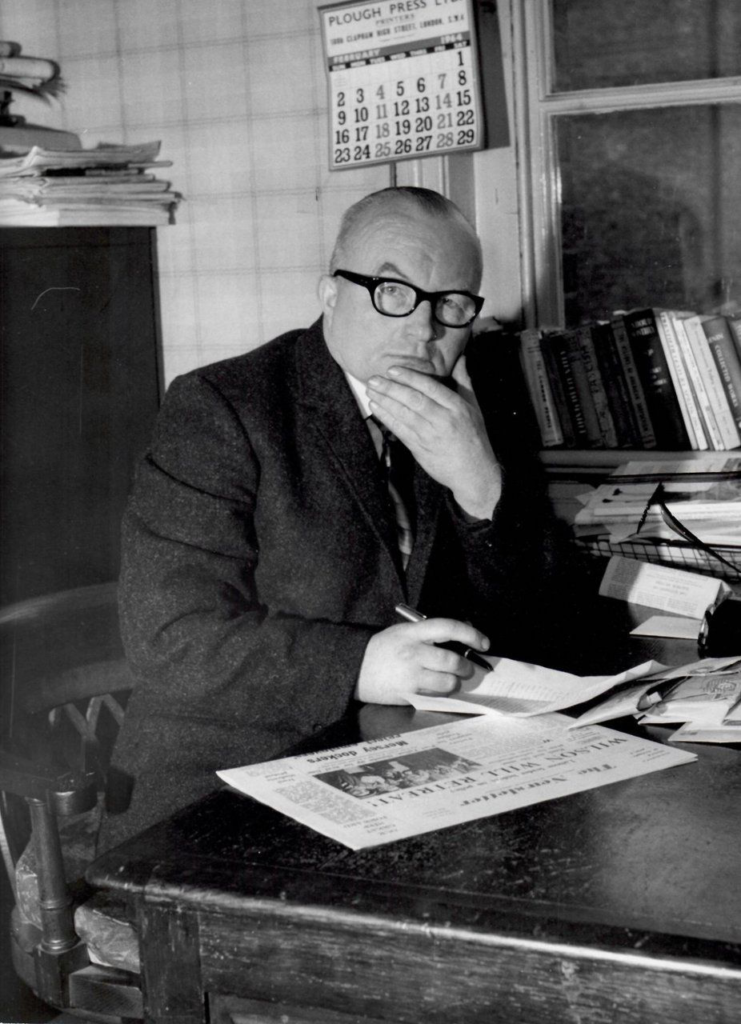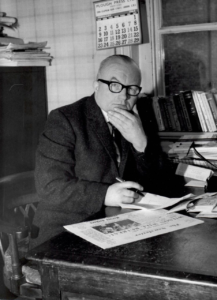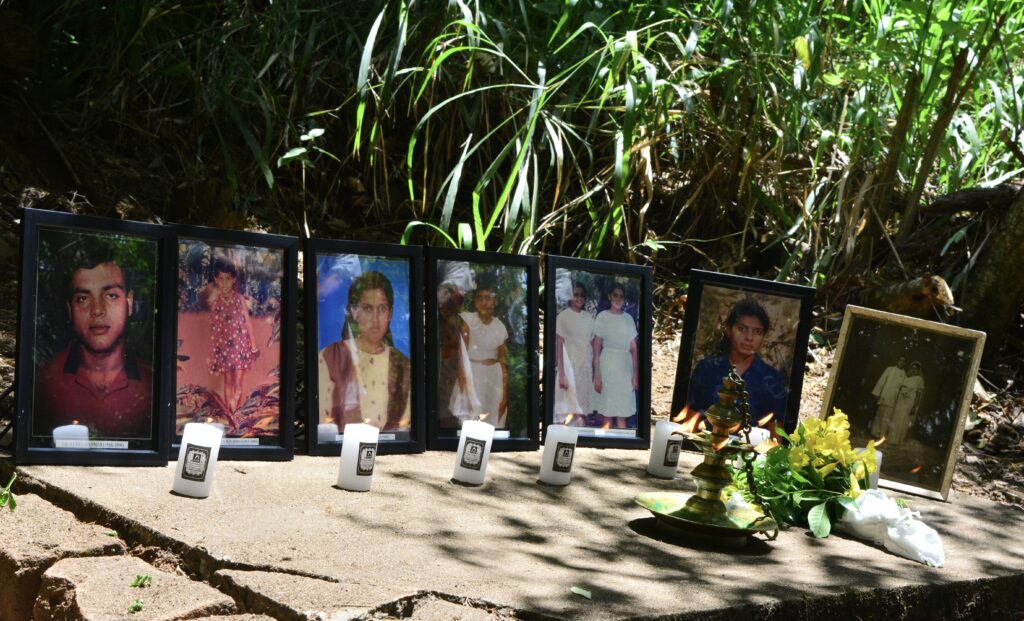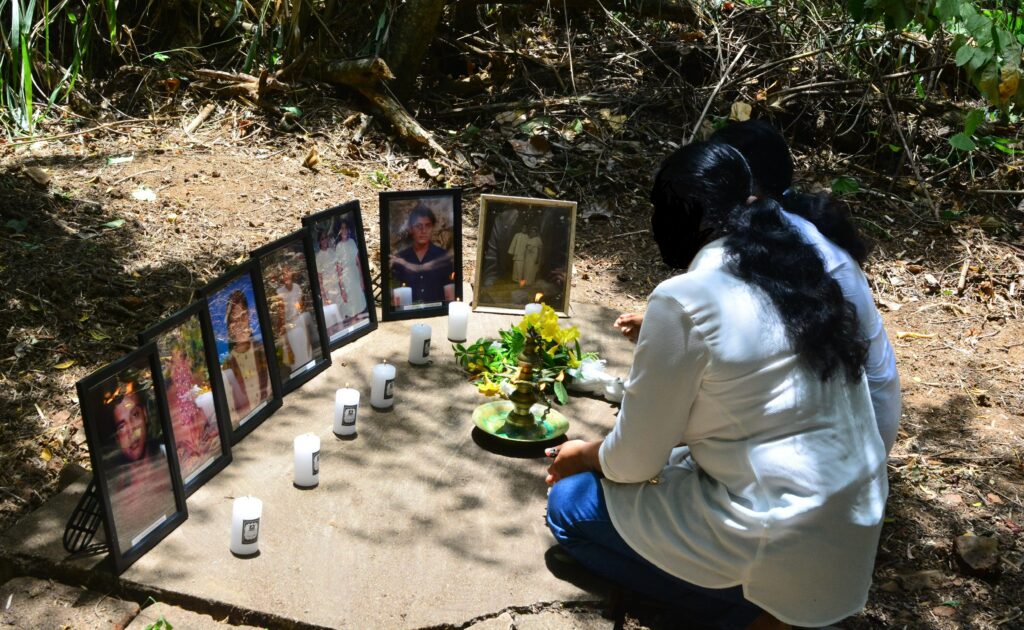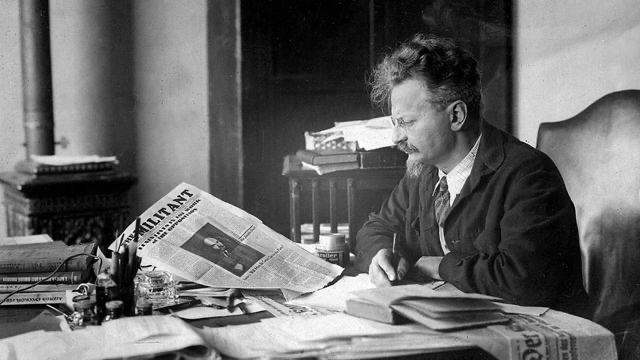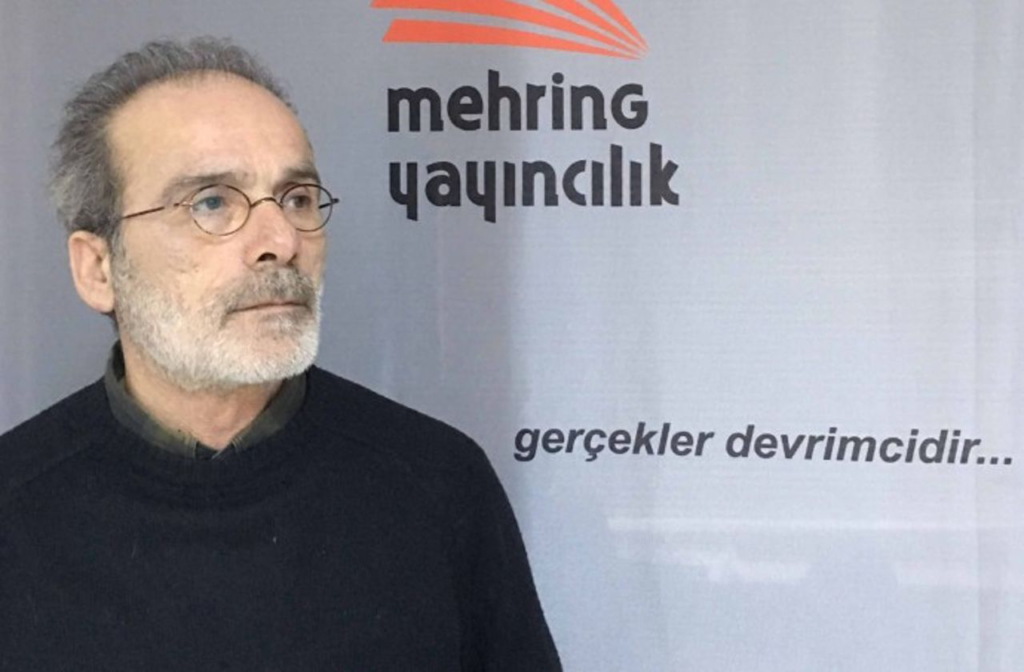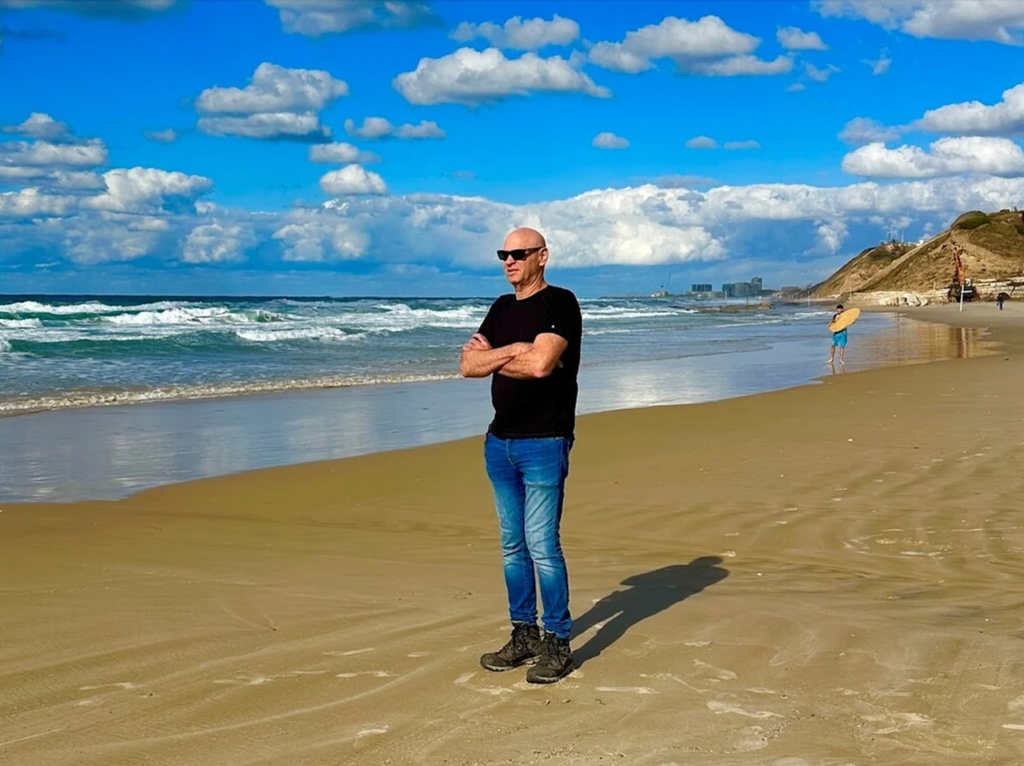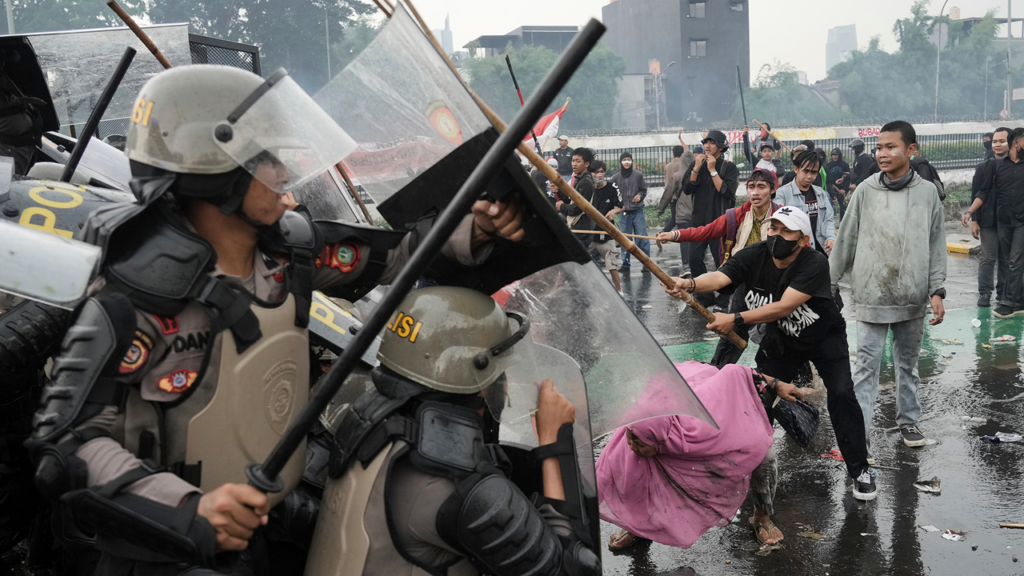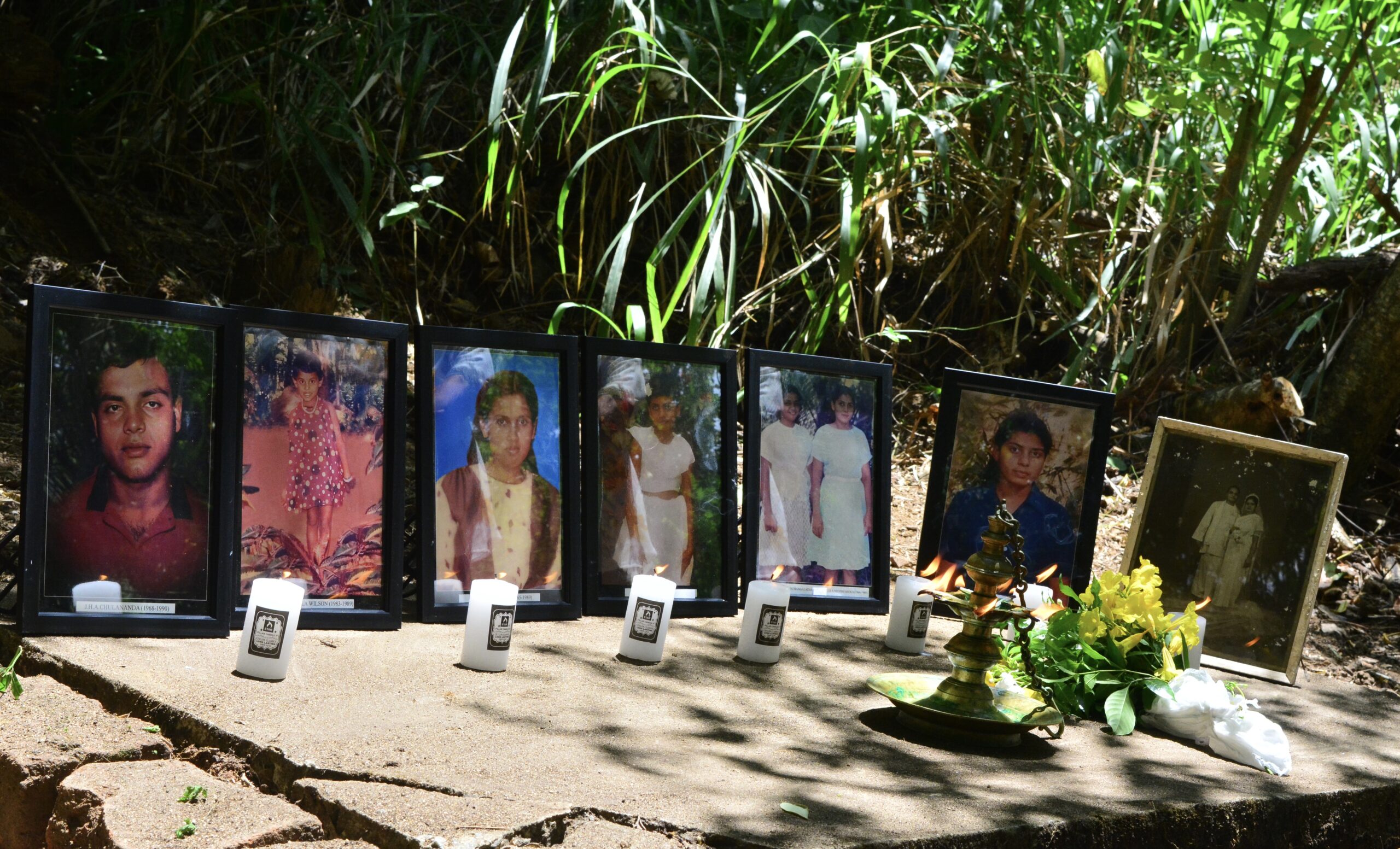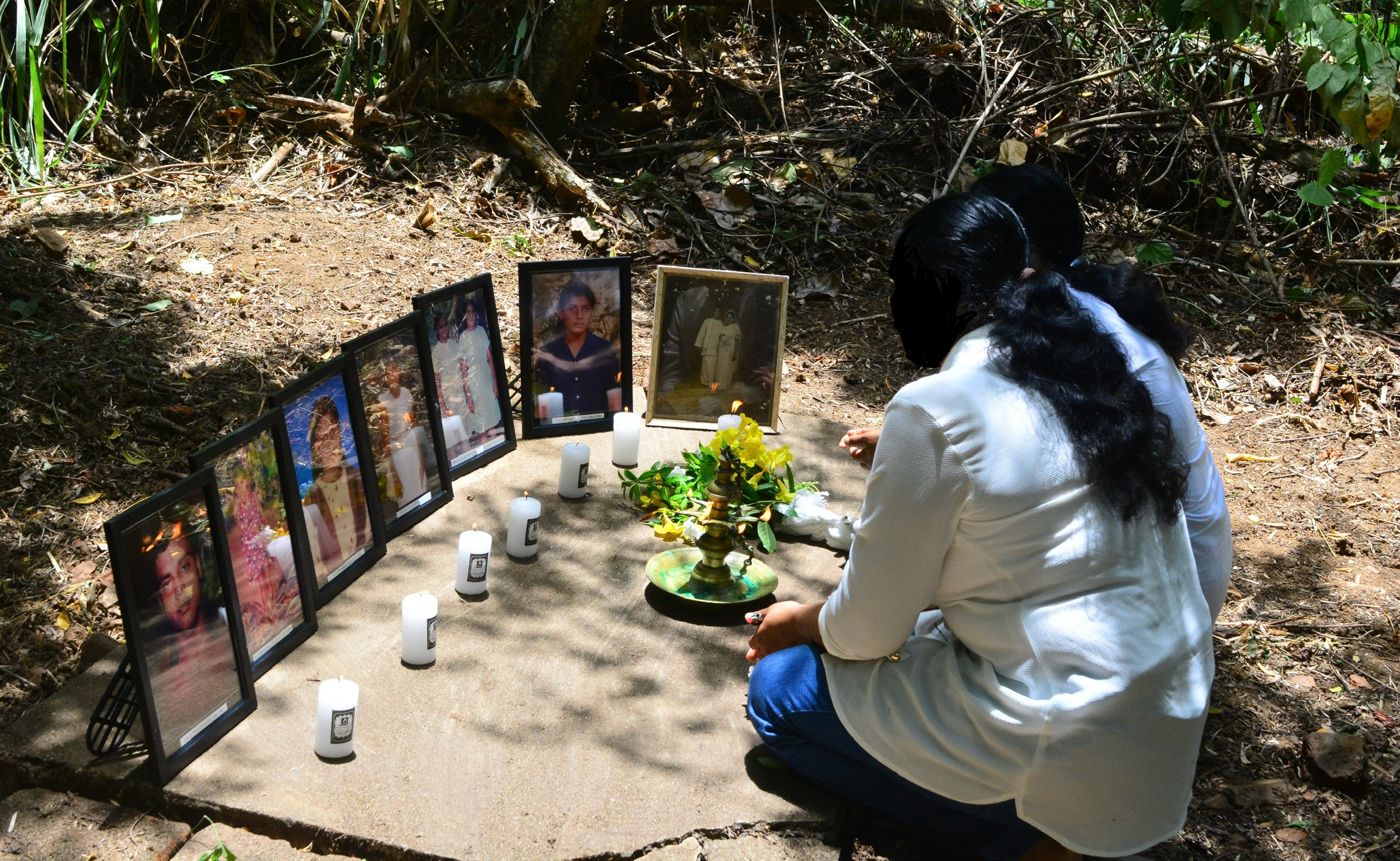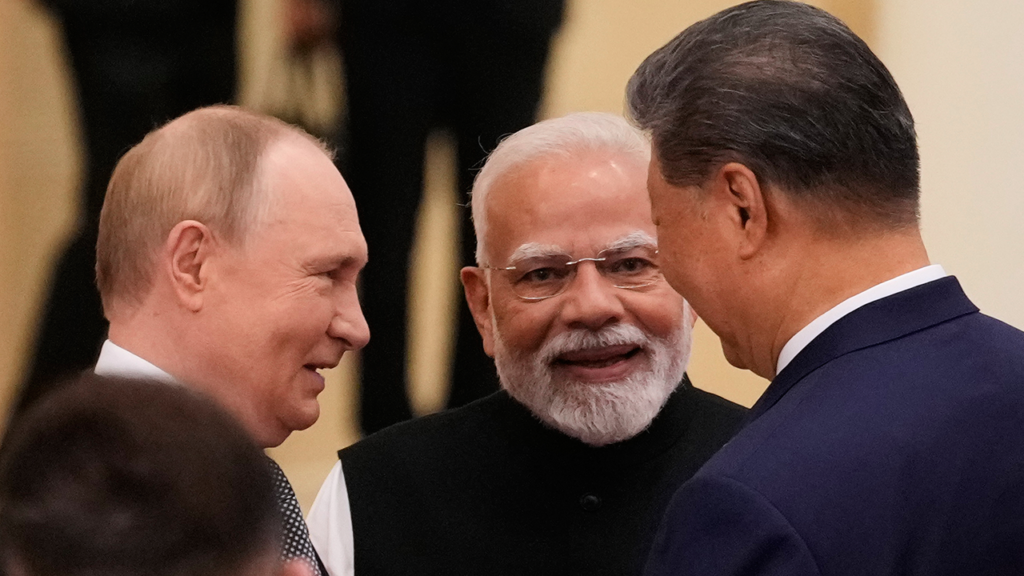Trump’s fascist conspiracy and how to fight it: A socialist strategy
This statement was published originally in the World Socialist Web Site on the 19 September 2025.
In the week since the assassination of Charlie Kirk, the Trump administration has escalated its conspiracy to establish a presidential dictatorship.
The policy of the Trump regime was spelled out clearly by fascist strategist Stephen Bannon, one of Trump’s closest political allies. “If we are going to go to war,” he declared, “let’s go to war.” The Trump administration is waging a war—against the population, against democratic rights, against Constitutional government.
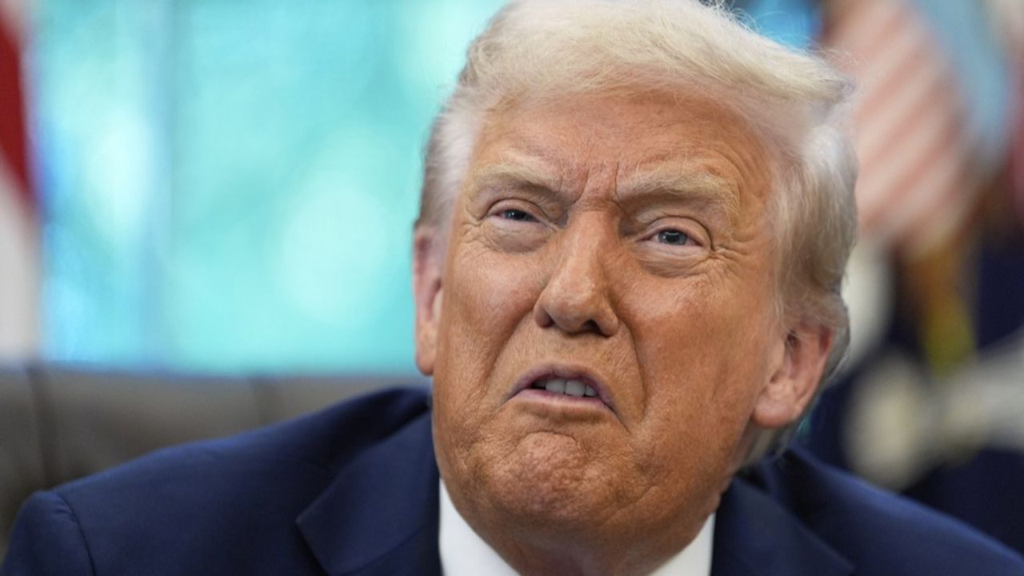
This war is being conducted within the framework of the public deification of Kirk. Over the past week, the White House has spearheaded a campaign to ban all criticism of the Trump administration. Workers, including teachers, airline staff and others, have been fired for critical social media posts about Kirk.
On Wednesday, ABC/Disney announced that it was suspending Jimmy Kimmel Live!, after Kimmel made mild, accurate remarks on Monday about the political exploitation of Kirk’s killing. The move followed an explicit directive from the White House and its enforcers. FCC (Federal Communications Commission) Chair Brendan Carr threatened broadcasters, “We can do this the easy way or the hard way.” Nexstar and Disney, desperate to protect multibillion-dollar mergers and profits, rushed to comply.
In interviews Thursday, Carr declared that Kimmel’s suspension was not the “last shoe to drop,” calling for a “massive shift that’s taking place in the media ecosystem.” On the same day, Trump himself declared that regulators should revoke the licenses of broadcasters who air “negative coverage” of him.
The critical question now is: What must be done to stop this drive to dictatorship? In answering this question, it is necessary to identify the political context of Trump’s attempt to overthrow the Constitution, the class and economic interests that underlie the actions of the government, the social force that has the power to defend democratic rights, and the political strategy and program upon which the fight against Trump must be based.
First, it is necessary to put aside all self-deluding hopes that what is unfolding is anything less than a drive to establish a presidential dictatorship, based on the military, police, paramilitary forces and fascist gangs. The essential purpose of the glorification of Charlie Kirk has been to provide a martyr symbol to galvanize the most reactionary forces in the country.
As the World Socialist Web Site has warned, the Hitler admirers in Trump’s inner circle, such as Vice President JD Vance and White House Deputy Chief of Staff Stephen Miller, are working off the playbook written by the Nazis. Kirk is the Trump regime’s “Horst Wessel” (the name of a murdered storm trooper) and the assassination is their equivalent to the infamous Reichstag Fire, the burning of the German parliament building, which was seized upon by Hitler to claim absolute power in March 1933.
The cancellation of the Jimmy Kimmel show is yet another action based on the tactics of the Nazi regime. Any form of speech, including jokes, that was deemed insulting to the honor and dignity of Hitler was treated as a criminal offense that merited drastic punishment. The “Heil Hitler” salute became an obligatory form of greeting, even between friends.
Second, Trump is not acting on his own. However grotesque his individual qualities, he represents the interests of the corporate and financial oligarchy. Here again, the parallels to Nazi Germany are chilling. It is a historical fact that Hitler’s rise to power would not have been possible without the resources provided to the Nazi movement by leading German capitalists. Once in office, Hitler’s brutal regime served the interests of German banks and corporations, and they supported his dictatorship.
If anything, the alliance of Trump and today’s financial-corporate oligarchy is even more intense than that which prevailed in Nazi Germany. It can be described, without exaggeration, as a love affair. In the midst of Trump’s assault on democratic rights, he was feted last week at a White House dinner, where a gang of mega-millionaires and billionaires sang his praises. An even more obscene spectacle was staged this week at Windsor Castle in Britain. Seated next to King Charles III, Trump was feted at a state banquet by a retinue of oligarchs, including Tim Cook of Apple, Sam Altman of OpenAI, Satya Nadella of Microsoft, Ruth Porat of Alphabet, financiers Steve Schwarzman of Blackstone, Jane Fraser of Citigroup, Larry Fink of BlackRock and Brian Moynihan of Bank of America.
Third, underlying the public reverence for Trump are cold-blooded economic and political calculations. The staggering concentration of wealth in an infinitesimal segment of the population is not compatible with democratic forms of rule. The rich are convinced that the defense of their wealth and their unrestricted exploitation of the working class is incompatible with democracy. Dictatorship is their preferred form of political rule.
However, the oligarchy’s reasons for supporting the overthrow of whatever remains of American democracy extend beyond their uncontainable lust for ever greater heaps of money and personal wealth. The American ruling class is acutely conscious of and terrified by the existential crisis of the capitalist system. It is aware that the national debt—now approaching $40 trillion—is unsustainable.
The oligarchs are convinced that a massive assault on the living standards and even the lives of the working class is necessary. All the social reforms extending back to the Progressive era of the first two decades of the 20th century, the New Deal of the 1930s, and the Great Society of the 1960s must be ended. Critical programs like Social Security, Medicare and Medicaid are to be all but eliminated. The war on medicine—to the point of ending vaccinations against COVID, measles, mumps, polio, whooping cough, and other deadly illnesses—is aimed at substantially raising infant and child mortality and lowering life expectancy.
The wiping out of regulations that provided any sort of protection against injury and death in factories, mines, depots, shipyards, and other workplaces is a major objective.
Yet another factor in the political calculations of the capitalist elites is the geo-political crisis confronting American imperialism. The protracted deterioration in the global economic and strategic position of the United States has reached critical dimensions. The rise of China and the development of an alliance of states challenging American hegemony cannot be stopped except through war. The militarization of the United States demands ever greater expenditures, which, in turn, intensifies the pressure to slash social expenditures and wages. Moreover, the preparation and launching of wars requires the violent suppression of domestic political opposition.
These are the objective factors that underlie the collapse of American democracy. Trump’s policies are those of the ruling class. This is not to ignore the specific pathological features of his personality and that of his MAGA cabal that impart to this regime its particularly degenerate character. But even if the workings of actuarial statistics were to suddenly remove Trump from the scene, it would not halt the drive to dictatorship. The war on democracy and the working class would continue.
This objective cause of the breakdown of democracy is verified by the fact that parallel processes are being manifested in all major capitalist countries. Throughout Europe neo-fascist parties are gaining strength. The drive toward dictatorship is a global phenomenon.
Fourth, the correct identification of the source of Trump’s war against the working class leads to critical political conclusions. The starting point of any serious struggle against dictatorship is a break with the Democratic Party. To rely on the Democratic Party to oppose Trump is to guarantee defeat.
The Democrats are, like the Republicans, a party of Wall Street, the Pentagon, and the corporate-financial oligarchy. What they fear above all is not the rise of fascism but the eruption of a mass movement from below that threatens the foundations of capitalist rule. This accounts for the Democratic Party’s cowardly capitulation to the fascist glorification of Kirk and its feckless response to the suspension of Jimmy Kimmel and all the previous dictatorial decrees issued by Trump.
The prostration of the Democratic Party was exposed when the US Senate unanimously approved a resolution marking October 14, Kirk’s birthday, as a “National Day of Remembrance for Charlie Kirk.” Not one Democrat, including Vermont Senator Bernie Sanders, had the courage to object. It would have been sufficient, and politically correct, to oppose the assassination on principled grounds, i.e., that the killing of one or another despicable figure serves absolutely no progressive interest, that it sows confusion among workers and youth and that it plays into the hands of the reactionaries.
But to sanction the elevation of Kirk—a man whose record of racism, antisemitism, opposition to civil rights, and promotion of authoritarian violence is well documented—as a national hero is obscene. Yet Sanders and the Democrats joined in this sanctification.
The next day, 90 Democrats, including the party’s leadership, voted with Republicans in the House to pass a resolution “honoring the life and legacy of Charles Kirk,” praising the fascist provocateur as a martyr for “freedom” and “civil discourse,” and a “fierce defender” of “life, liberty, limited government, and individual responsibility.”
Fifth, the development of the struggle to defeat Trump must be based on the mobilization of the multimillioned working class—the social force that has the power, if mobilized on the basis of a correct political strategy, to defeat Trump and drive him from office.
The key elements of this strategy are:
1) The complete political and organizational independence of the working class from the Democratic Party and its collaborators and apologists, i.e., the DSA, Bernie Sanders, Alexandria Ocasio-Cortez and the myriad middle class organizations and individuals who believe that shouting obscenities on various social media platforms will stop Trump. These are the methods of frustrated liberals who hope that their hysterical rhetoric will move the Democratic Party to fight Trump.
2) The building of a new form of organization that can unify the working class and mobilize its vast industrial and economic power against the Trump regime. This new form of organization proposed by the Socialist Equality Party consists of rank-and-file committees. They must be established in every factory, workplace, school and neighborhood to organize resistance to Trump’s dictatorship. These committees must become centers of resistance, uniting all sections of the working class (in industry, logistics, transport, restaurants and fast food, social services, legal defense, education, arts and culture, entertainment, medicine, health care, sciences, computer technology, programming and other highly specialized professions) and student youth against Trump’s fascist government, the complicity of the Democrats, and the broader assault on democratic rights and living standards.
The building of rank-and-file committees is essential to break the stranglehold of the trade union bureaucracies, which function as industrial police for the corporations and utilize their power to block every form of resistance by the working class. Power must be transferred from the offices of the bureaucratic parasites to the workers on the shop floor and job sites, where decisions on all matters of strategy, policy and action can be made democratically by the working class.
These rank-and-file committees, spreading across all workplaces, will create new centers of coordinated social power upon which the defense of democracy throughout the country can be based. The mobilized working class will be able to inspire with confidence and unify all the now disparate elements of protest in a massive social movement against the hated government led and controlled by capitalist oligarchy.
3) This movement, led by the working class, requires a program that accurately reflects socio-economic realities and corresponds to the interests of the overwhelming majority of the population. The capitalist oligarchy has declared war on the working class. The necessary response is the declaration of war by the working class on capitalism, which must result in the socialist reorganization of society. This entails the establishment of public ownership and democratic control by the working class of major industries, banks, utilities and natural resources. Moreover, the obscene levels of wealth concentrated in the approximately 900 billionaires must be expropriated. The 400 richest Americans alone hold a combined wealth of $6.6 trillion, which represents a growth by more than $1 trillion over the previous year. The concentration of so much money and power is a social malignancy that kills democracy.
4) The most important element of this strategy—upon which the implementation and realization of all previous elements depends—is internationalism. No effective struggle can be waged by workers in the United States unless their actions are coordinated and aligned with the struggles of the global working class. The threat of fascism is an international phenomenon. The capitalist ruling class of every country has its own version of Trump and even Hitler. American workers must repudiate the reactionary, outdated and self-defeating ideology of nationalism, which is the primal evil that instigates the racism and ethnic hatreds utilized by fascism. It is not an accidental coincidence that Trump launched his drive for dictatorship by unleashing a savage assault on immigrants. The deprivation of their democratic rights was only the first stage in the overthrow of the Constitution. The masked ICE agents who prowl through cities are the vanguard of the fascist paramilitary that Trump is planning to unleash against all sections of the working class.
An inseparable corollary of the fight for the international unity of American workers with their class brothers and sisters beyond the borders of the United States is irreconcilable opposition to US imperialism, militarism and war. The Gaza genocide carried out by the Zionist regime, which has to a great extent been carried out with weapons provided by the United States, reveals the barbarism of which capitalism is capable. The mass murder of Palestinians sanctioned by all the imperialist powers is an anticipation of what the capitalist oligarchs are prepared to inflict against the workers in their “own” countries.
It flows from this internationalist strategy that the rights of immigrants must be defended against the criminal and inhumane policy of deportation. The principle of birthright citizenship, inscribed in the Constitution, must be defended without compromise. Further, the class-conscious worker rejects the insidious and cruel distinction between the “native” and “foreign born.” Moreover, sanctions and tariffs imposed by the Trump administration must be opposed. The working class cannot defend its jobs and interests by supporting economic nationalism, which is entirely reactionary in an era of the global integration of production. The working class can advance its interests only by demanding the tearing down of national boundaries, which not only strangle the development of the productive forces but also lead mankind down the terrible path to nuclear world war.
Even before Trump began his second term and launched his drive for dictatorship, the Socialist Equality Party issued a call for the formation of the International Workers Alliance of Rank-and-File Committees (IWA-RFC). This initiative has not only been vindicated. Its development has acquired burning urgency.
5) The strategy, organization and action that are necessary to defeat Trump, defend democratic rights, and prevent fascism and war will not emerge spontaneously. This program must be fought for. But the determination that is required to take up and wage this fight is incompatible with pessimism and demoralization. These moods lead to paralysis. Moreover, pessimism is invariably connected to a superficial and false appraisal of reality. The Democrats, the unions and the media cultivate the myth of an all-powerful government while insisting that nothing can be done. This is a lie. What is lacking is not mass opposition but, rather, a political strategy to guide and organize the struggle against Trump’s assault on democratic rights.
The Socialist Equality Party advances this program as the basis for the struggle against Trump and the degenerate oligarchy which he represents. Our program is not for the pessimists, the skeptics and the demoralized, but for the fighters among workers, students, youth, professionals, artists and intellectuals. There is no time to lose.
We call on all workers and young people who agree with this perspective to join the Socialist Equality Party, mobilize the power of the working class, defeat the conspiracy of the oligarchs and fight for a socialist future without fascism, genocide and war
Trump’s fascist conspiracy and how to fight it: A socialist strategy Read More »

